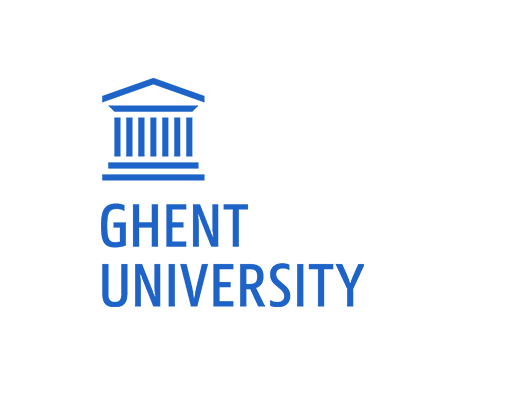What do you need to know about us?
The research group on Intelligent Systems is member of the department of Industrial Systems Engineering & Product Design at Ghent University (ISyE-UGent). The group performs research on intelligent systems for smart and resilient societies and Industry 4.0. They combine research in data science, knowledge engineering and decision support systems to address the increasing complexity of industrial management and urban policy-making. It integrates data-driven approaches and human expert knowledge towards robust decision making. The research group is core partner of Flanders Make and associated with the European Institute for Innovation & Technology (EIT) in Urban Mobility. The group actively participates in national and EU projects and has served as backbone in national and international government campaigns.
The research impact is managed towards academic excellence as well as economic and societal impact. Technology and knowledge transfer towards organisations and companies through open-source or licensed technology and open knowledge are important principles to guide our research activities. UGent supports this knowledge and technology transfer through dedicated business development and policy support.
What do we want to achieve within the project?
ISyE-UGent was active in the Interreg project MOVE (2018-2022) and investigated data-driven approaches for co-creation in sustainable mobility.
The research group contributed to the Sustainable Urban Mobility Indicators (SUMI) through the "SMP2.0 Sustainable Mobility Indicators" developed by the World Business Council for Sustainable Development (WBCSD). These have subsequently been revised by the SUMI consortium appointed by EC DG MOVE for use by European cities.
In the H2020 Civitas project ReVeAL (2019-2023), ISyE-UGent investigated knowledge building in Urban Vehicle Access Regulations (UVAR) through the use of recommender systems. First steps have been made to describe existing urban mobility solutions and their impact as related to the context of the city. This structured information can then serve as input for decision support to advise potential transition pathways for cities based on experiences in similar cities.
Whereas H2020 ReVeAL had a focus on large scale interventions (e.g. LEZ/ZEZ, superblocks, circulation plans), in the Interreg project Mobility Makers we aim at gathering structured knowledge of small scale mobility solutions and their impact in order to make this available for solution planning for future “Mobility Makers”. ISyE-UGent, together with the other knowledge partners, will support the pilots in aligning potential solutions with strategic goals and to document the observed pilot activity and outcomes so that the learnings are captured in a structured and transferable manner.

Stay in touch
Our website: http://www.ugent.be
